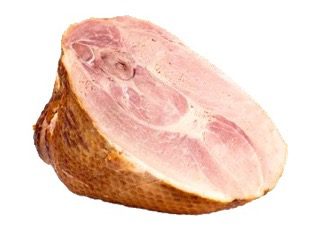

While ham bones do contain some nutrients, they can be dangerous for dogs. The bones can splinter and break, causing injuries to the mouth, throat, and internal organs. It is important to exercise caution when giving your dog ham bones.
Ham bones contain protein, amino acids, calcium, phosphorus, zinc, and iron. These nutrients can support a dog’s immune system and blood health.
Cured ham bones are high in sodium and sugar, which can be harmful to dogs in large amounts. Cooked ham bones can break into sharp pieces that can cause injuries and intestinal blockages. Ham bones are also a choking hazard.
It is important to supervise your dog while they chew on bones and remove any sharp pieces. Once the ham bone has been sufficiently chewed on, take it away from your dog to prevent choking.
Ham bones are the leftover bones from a cooked ham. They are often given to dogs as a treat or chew toy. While they may provide some dental benefits, such as cleaning teeth and strengthening jaw muscles, they can also pose risks to dogs. The bones can splinter and cause choking, blockages, or internal damage to the digestive system. In extreme cases, ingestion of ham bones can be fatal. If a dog has consumed ham bones and shows symptoms such as vomiting, diarrhea, or difficulty breathing, it is important to seek veterinary care immediately. Safer alternatives to ham bones include rawhide chews or specially designed dental chews. If edible, ham can be served in small, cooked portions without any bones.